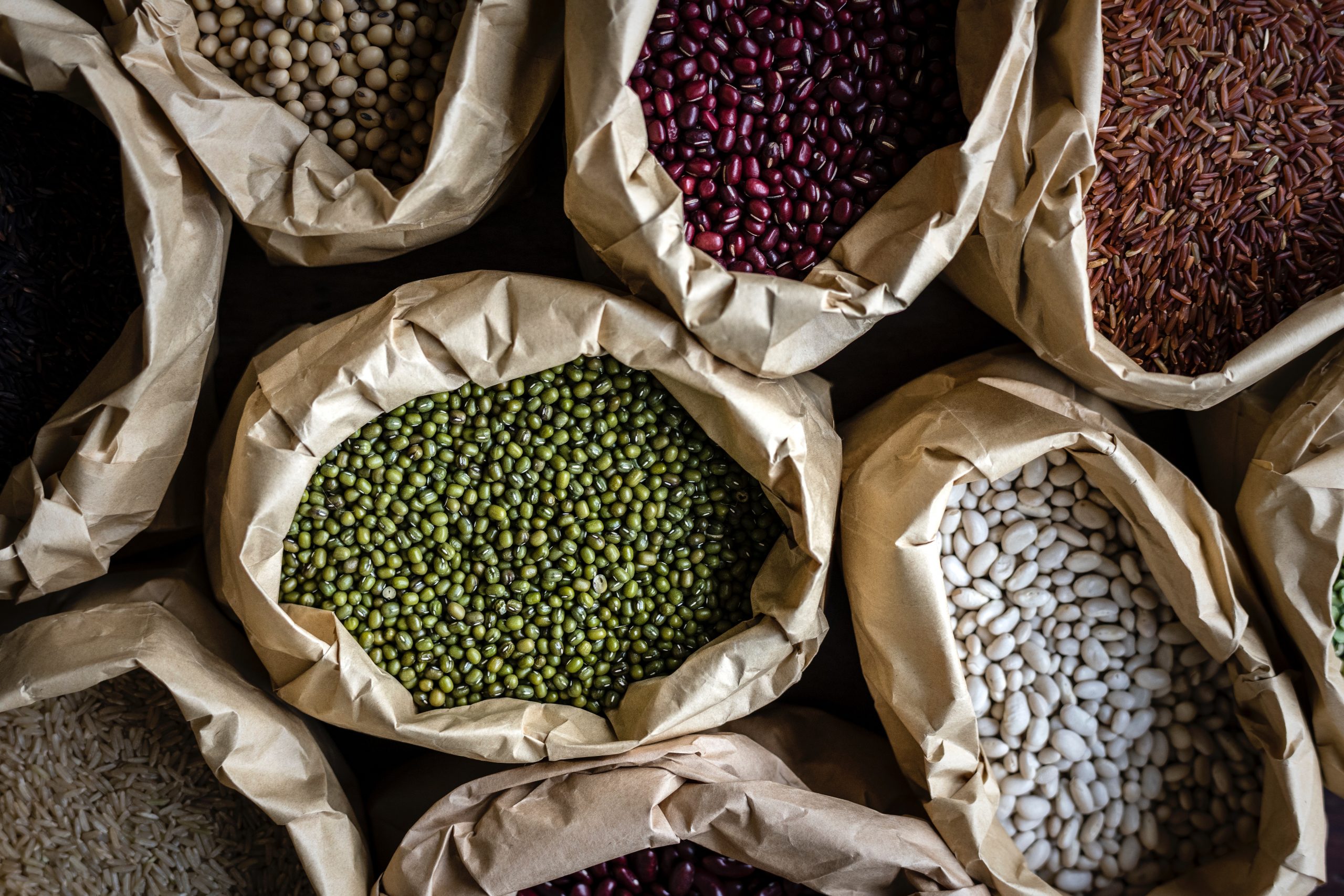
Antinutrients are compounds mostly found in foods and drinks that interfere with the body’s ability to absorb nutrients like certain vitamins and minerals. Legumes, grains, and nuts and seeds often have the highest concentration of antinutrients, but they can also be found in certain herbs, spices, and fruits and vegetables. There are many different types of antinutrients, but we are going to take a look at two of the most commonly discussed antinutrients: lectins and oxalates. Nightshades are a particularly common source of both lectins and oxalates, and many people eat at least one type of nightshade a day, but let’s take a look at the risks and benefits before you decide to cut them out of your diet.
Nightshades
Nightshades are a class of plants that includes many different types of flowers (including tobacco), trees, fruits, and vegetables. Foods like potatoes, tomatoes, chili powder, jalapenos and most other peppers (does not include black pepper), okra, some herbs like ashwagandha, and many other foods and spices are all part of the nightshade family. For many people, nightshades do not cause any issues, but for some they can act as an immune trigger. This is why most autoimmune protocols require you to eliminate all nightshades from your diet.
Symptoms of a sensitivity to nightshades can include gut issues like IBS (irritable bowel syndrome), muscle aches, joint pain, increased mucus production, and acid reflux/heartburn. Many food sensitivities exhibit these same symptoms, so it can be difficult to determine if nightshades are the culprit. However, if you have these symptoms and have tried eliminating other food groups and haven’t seen an improvement in your symptoms, then it may be worth a try. If you choose to eliminate these foods, you should find a complete list of nightshade foods and herbs and eliminate them completely for at least one month, including those found in medications and supplements. You should also substitute the foods you eliminate with equally nutritious foods like celery, sweet potatoes, oranges, cauliflower, melons, etc. After one month has passed, you can begin to add nightshades back in, one at a time, and see if you experience any reactions.
Lectins
Lectins are a type of antinutrient most commonly found in peanuts, beans, lentils, eggplant, zucchini, potatoes, tomatoes, and grains like wheat, corn, and quinoa, among others. Lectins can cause bloating, gas, and indigestion, and they can interfere with the body’s ability to absorb certain nutrients. They are also difficult to digest, and can “cling” to the intestinal wall. This is especially harmful if leaky gut is already present, which is the case for many people. The lectins are often able to pass through the damaged intestinal wall and get into the bloodstream. When this happens, the body recognizes the lectins as invaders, and mounts an immune response to fight them. The body may also begin producing antibodies made specifically for lectins. As we have discussed before, chronic immune responses and the subsequent inflammation is believed to be the main cause of many autoimmune diseases and certain types of cancer, so if you eat foods high in lectins daily like most people, you may have ongoing inflammation that could lead to more problems in the future.
Oxalates
Oxalates are another type of antinutrient that can be found in millet, spinach and other leafy green vegetables, chocolate, sweet potatoes, black tea, coffee, and many other foods and drinks. Oxalates tend to bind to calcium, preventing it from completely being absorbed, which can also lead to kidney stones. The most common type of kidney stones are calcium oxalate stones, which can occur when oxalates bind with calcium in the bloodstream and build up in the kidneys. A high-oxalate diet may also lead to increased inflammation, joint pain, and possibly decreased glutathione function. Glutathione is often called the “master antioxidant” due to its wide-range of detoxifying abilities, and is crucial to your health.
Our liver produces small amounts of oxalates, and there is some evidence that oxalates may have some benefits like helping to carry toxins out of the body, but this is not yet fully understood. Although it is impossible to completely eliminate oxalates from your diet because they are present in almost all plant-based foods, a low-oxalate diet may be especially beneficial for people who have had kidney stones.
It may feel like you can’t eat anything, but this isn’t true. The key is moderation, and you can enjoy foods that contain antinutrients (virtually all foods contain some), but they should be enjoyed in moderation and with plenty of variety. Taking digestive enzymes may also help your body break down and absorb nutrients more effectively, and GI Support may help decrease intestinal permeability which is a leading cause of allergies and other health issues. It is still important to eat plenty of organic fruits and vegetables, but try to limit the amount of raw vegetables you eat because they may be more difficult to digest and can contain more antinutrients than cooked versions. Also, remember to eat plenty of good fats, eliminate processed foods from your diet, and drink plenty of filtered water. Every little change helps!
